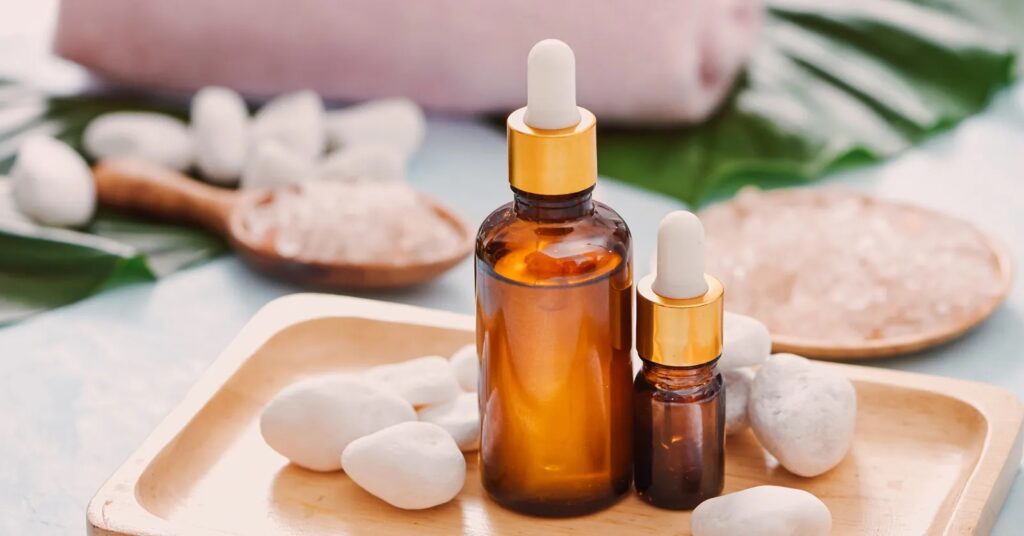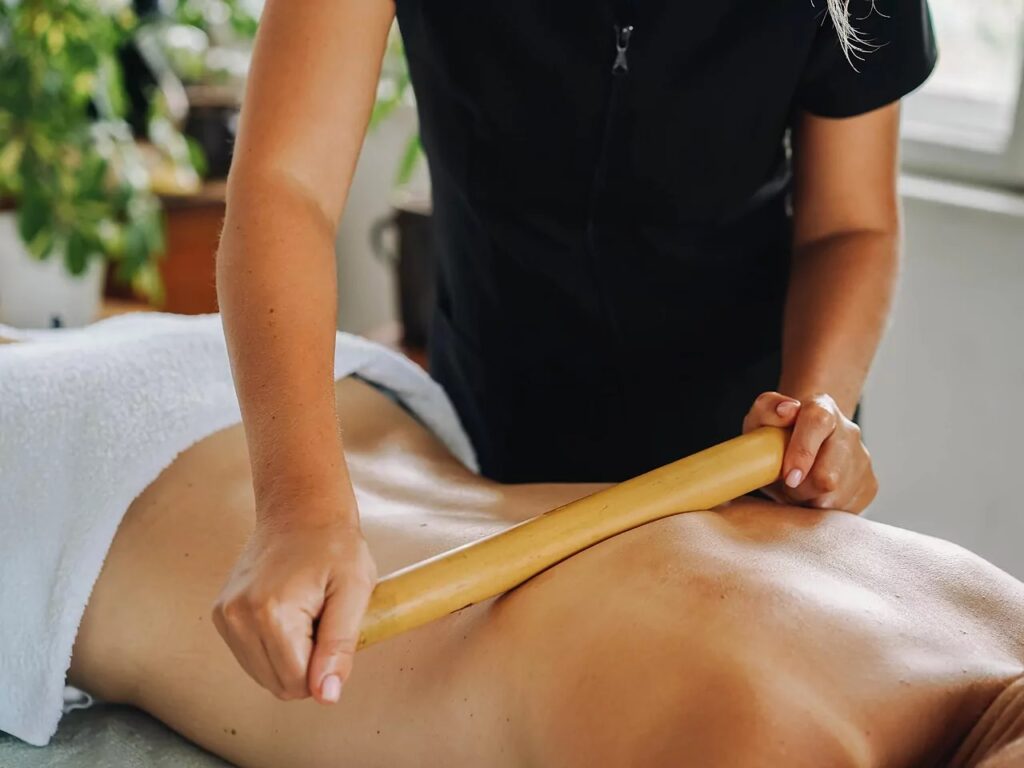Aromatherapy is considered one of the oldest techniques, it uses essential oils, which have various health benefits, both physical and psychological, coming from plants, barks, herbs and natural flowers.
What is aromatherapy and what is it for?
From lavender to ylang ylang, there are several techniques to apply aromatherapy and alleviate diseases and ailments of the body and mind, however, it is important to know how each one works as required.
Therefore, we share what aromatherapy is and its health benefits.
What are the benefits of aromatherapy?
Aromatherapy is an alternative technique that uses essential oils from plants, bark, herbs and flowers to promote both physical and psychological well-being.
What are the different types of aromatherapy?
Aromatherapy is considered a very ancient technique, as civilizations such as China and Egypt used essential oils for therapeutic purposes and to embalm bodies.
Also, this technique was common among physicians in ancient Greece, medieval times and the Renaissance in Europe, as herbs and oils were often used to combat diseases.
However, the study of the pharmacology and chemistry of essential oils as such originated in the 18th and 19th century, in countries such as France and the United Kingdom.
How does aromatherapy influence emotions?
Aromatherapy has various health benefits, since depending on the essential oils used, it has analgesic, antibiotic, antiseptic, astringent, sedative, expectorant and diuretic properties.
Also, essential oils help to soothe gastrointestinal discomfort, menstrual pain, stress, mood disorders, circulatory problems and respiratory infections.
As for psychological benefits, aromatherapy has a calming effect that facilitates relaxation and peace of mind.
With what kind of products can aromatherapy be implemented?
Aromatherapy can be applied in different ways to alleviate physical and psychological illnesses and discomforts. Some of the most common are:
Inhalation
This is the most common method, which consists of pouring a few drops of essential oil on a handkerchief or in a bowl of hot water and gently inhaling the aroma.
Massage
This method of direct application consists of diluting the essence in a lotion or vegetable oil such as olive, avocado or wheat germ before being applied to the skin to avoid an allergic reaction.
Aromatic baths
This simple technique consists of a bath with warm water and essential oils to produce a relaxing effect. Hot water should be avoided so that the oil does not evaporate.
Cream application
This method consists of mixing a few drops of essential oil with body cream and then applying it directly on the desired skin area.
Direct consumption
Some essential oils can be consumed in water or infusions, however, this method should be consulted directly with a doctor, as some oils can be harmful when ingested directly.
What are the best aromatherapy oils?
Although there is an infinite number of essential oils with different health benefits, some of the most commonly used are:
Bergamot: Relieves stress, restores appetite and relieves depression and anxiety.
Cypress: Calms the nervous system and relieves symptoms of menopause, allergies and stress.
Geranium: Relieves premenstrual symptoms and depression, calms the nervous system and lifts the mood.
Ginger: Helps prevent and relieve dizziness and nausea, stimulates the immune system against colds and flu, soothes the digestive system and improves circulation.
Grapefruit: Regulates emotions, relieves stress and anger and helps fight colds and respiratory problems.
Lavender: Regulates high blood pressure, relieves headaches due to tension or stress and soothes insect bites and burns.
Lemon: Reduces mental fatigue, relieves stress, stimulates concentration and improves circulation.
Peppermint: Relaxes and soothes the muscles of the stomach and gastrointestinal tract, respiratory problems and nervous tension.
Rosemary: Relieves muscular and rheumatic pains, as well as regulates low blood pressure.
Ylang ylang: Useful in the treatment of sexual problems, prevents hyperventilation, calms anxiety, helps regulate the pulse, and reduces panic attacks and depression.


